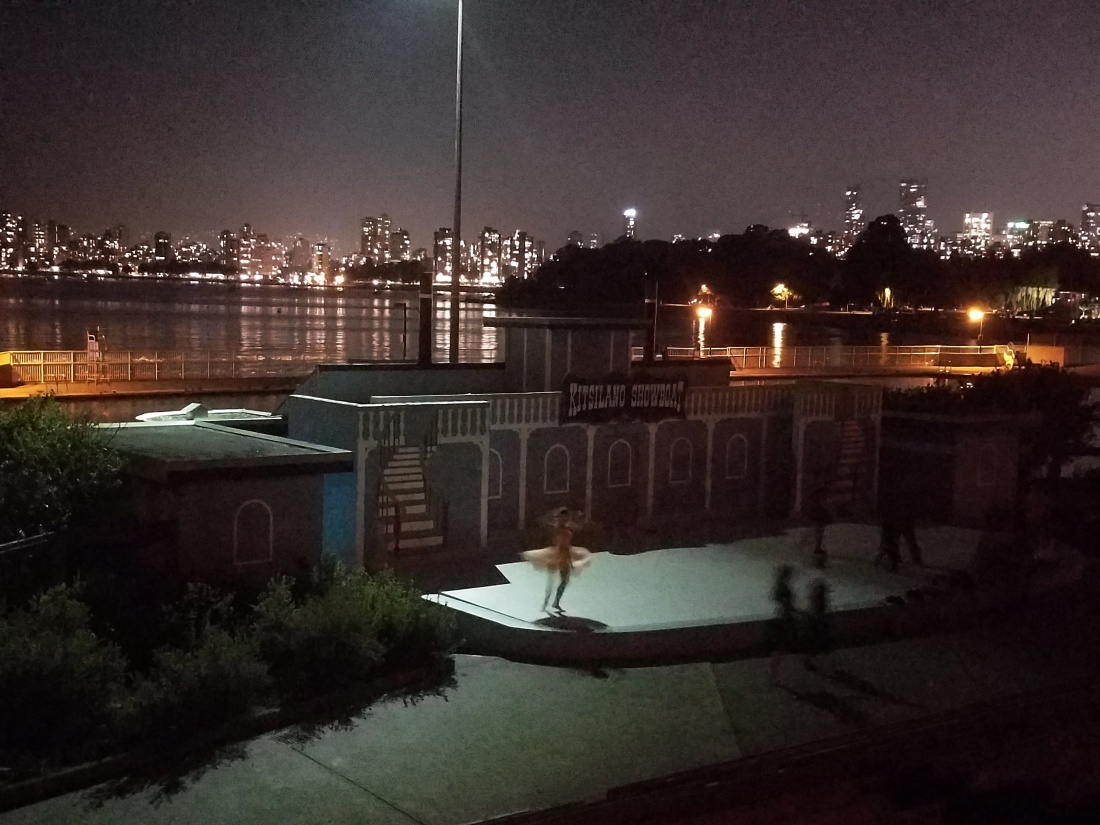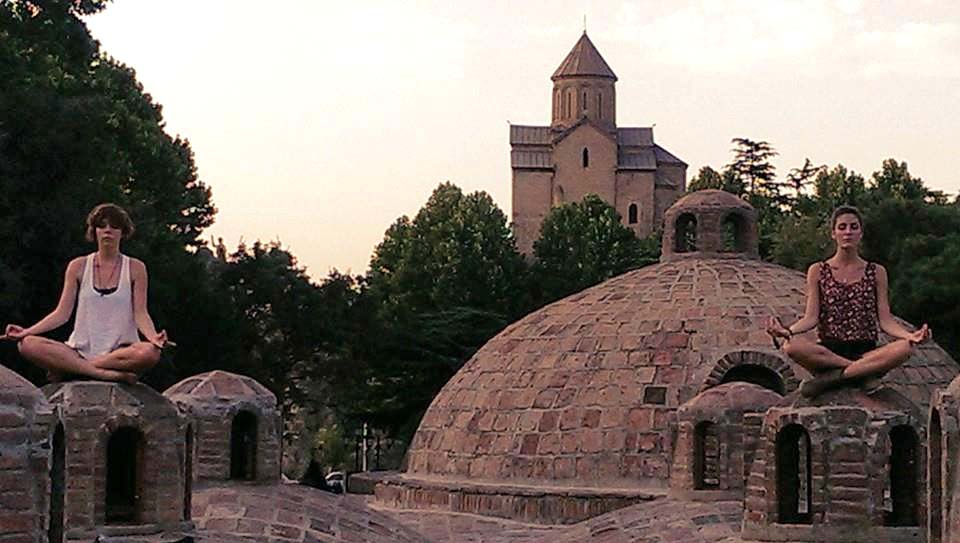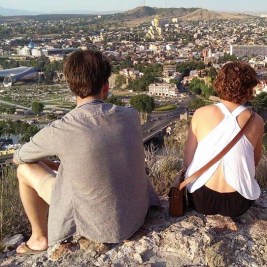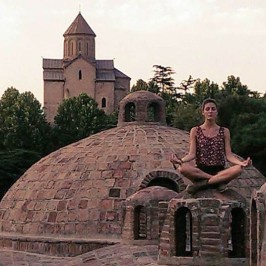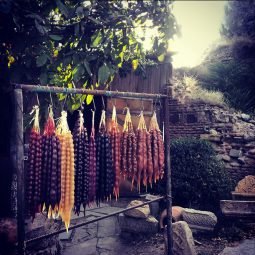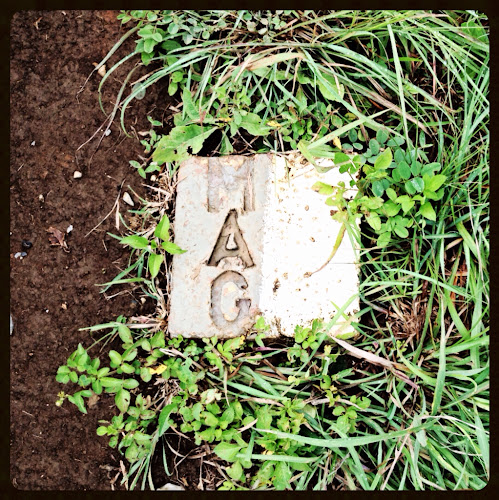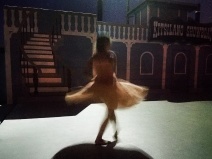
Have you ever felt that you were born in the wrong era? Or that your style and approach to life would better suit a different time? After the years have come and gone and enough time has passed to flow into a new decade, it’s easy to look back and sum up each decade into a nice package of nostalgia.
The 20’s were glamorous, the 50’s were quaint, the 70’s were groovy, and the 90’s were nerdy. Well, as a nerdy child of the 90’s that was my take-away at least. Yet what we often fail to do, as we idolize the past, is to fully grasp the significance of our current time.
You’ve probably heard that technology is growing at an ever exponential rate. Every day the magical becomes more mundane as our culture swallows up the newest tech, exhaling a breath of frustration instead of one of awe. Our political climate is filled with fogs of fear and heatwaves of hate and distrust. Looking towards the 60’s for cultural advice falls short amongst the fast moving tweets and algorithm-bots spreading false information. Yet we are only at the cusp of further change and uncertainty.
Exponential, means ever-increasing. The little computer that you carry in your pocket, (and probably have an addiction to) is more powerful than 30 supercomputers from the 80’s. That’s major technological growth. If you’re like me you easily remember a time of dial-up internet and house phones. Yet I’m now finding myself touching computer screens with the expectation of them moving to my touch.
Technology is increasing so fast we’ve hardly had time to reflect on what that means for our societies, cultures, and psyche’s. All the while our anxiety levels rise and we angrily react to Russian-bot comments on our Twitter feeds and the newest social-political debacle.
It’s no wonder we’ve become so nostalgic for passed decades. We are in that future that generations before us could only dream about. Dubai is launching the first flying-taxi service, flights to space have become commercialized, your phone now recognizes your face, and AI is helping shape our political atmosphere.
The irony of all of this? We actually were born in the wrong era. Figuratively of course, unless you’re a displaced time-traveler of sorts.
Although technology grows exponentially, our biology does not. For the most part we are still the same humans from 50, 100, and 1,000 years ago. We still need organic foods, we still love and hate with passion, we still seek culture and community, and we still fear the unknown. We live longer due to better medical technologies and we can change our appearances with surgery, but at the core of us, we are still simply human.
Emotionally fallible. Prone to react. Socially influenced. Driven by desires and basic needs. Fearful of change and uncertainty. It’s no wonder why anxiety and depression is on the rise as well. We are ancient beings who continuously seek comfort in a new and ever-changing world of uncertainty.
Even the future of our biology is uncertain as we integrate more with technology and learn more about the human genome and our micro-bioms. We face a probable future with technological implants, DNA alterations and micro manipulations. So what can we do about this now, without waiting and trusting in altering our biology to catch up with technology?
Breath. Reflect more often, react less, brace for further change, and most importantly: approach the future with hope.
The growth of our technological world is inevitable, change is inevitable, and the future will always be uncertain. We fear this, but the fact is that every era has been one of change and future uncertainty. Every decade has had hardships and triumphs. We can find comfort in remembering that. Remembering that change has brought further rights for minorities and subjugated people. Change brings advances in medicine and health. Change can be great.
The future is built on the back of the present. If we fuel our fast-approaching future with fear, we will build that future on the foundation of fear. If we fuel our future with hope however, we will be building our future on hope.
We idolize passed eras because we can look back and see where those time lead to and what they left behind. They are comfortable and known because they already happened. Our human instincts might not have evolved as quickly as our technology has, but we can find a map in the reliability of the human condition. Humans are still emotionally fallible, prone to react, socially influenced, and driven by desires and basic needs; but we also still hope.
It is the reflection of what we idealize from the past that will help shine a light on our future. So don’t fear, you were born in the right era. One that will prove to be more transformative than any before it. Through inevitable hardships and further uncertainty, hope is what will lead our triumphs.
